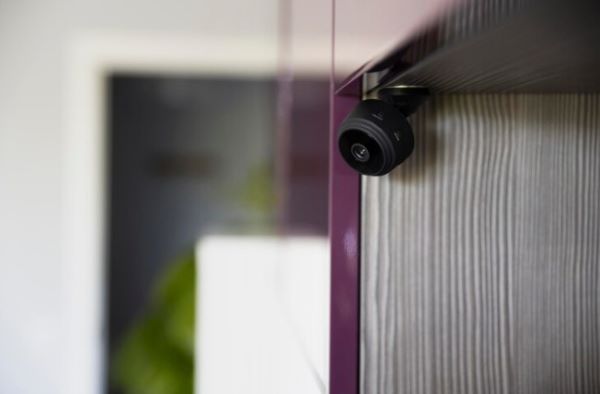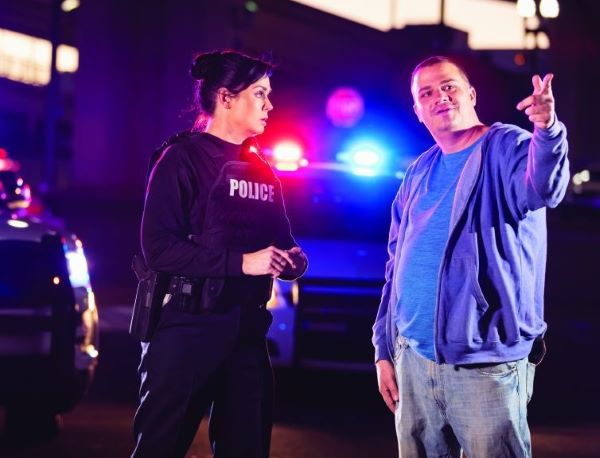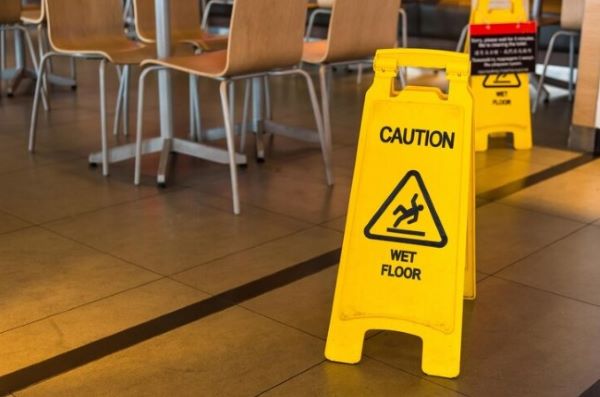Suppose you injured yourself while in an office building or a grocery store. Most people assume it is the owner of these premises who is responsible for your injury. In reality, it is much harder to prove unless you have sufficient evidence and eyewitnesses to support your claim and show that the owner of the premises is at fault (such as negligence). If you want to build a premise liability case against a property owner in Greensboro, NC, it is crucial to contact a lawyer who’s an expert in such cases. They can provide the most appropriate advice to build your case and collect the critical evidence to support it.
Elements in a Premise Liability Claim
No matter what type of injury you suffered from, there are several elements you should be aware of when building a premise liability case and making a claim.
- Proving Fault – The most crucial element in a premise liability claim is proving that the property owner is negligent and is to blame for your injuries.
- Duty of Care – The case must present that the property owner is responsible for maintaining the property to ensure the safety of the public.
- Breach of Duty—Another critical element to building a premise liability case is showing a breach of the property owner’s duty to maintain the property and keep the public safe.
Key Evidence for a Strong Premise Liability Case
The evidence presented along with your premise liability case can determine whether you will have a successful claim. Evidence ranges depending on what’s available on the premise to prove the negligence of the owner, which directly resulted in the injury or other damages.
1. Photo or Video Evidence
Photos or videos are the most potent evidence to build a strong premise liability case. This evidence supports your claim by showing how the accident occurred and accurately retelling the events that led to the injury or property damage. If the premises have any CCTV, which is common in many public spaces, you can request access to this as evidence in your case.
Another potential source of video or photo evidence is eyewitnesses within the vicinity who could record or capture the moment as it happened. Your lawyer can request a copy of the CCTV or cellphone video capture to ensure that the property owner will not evade liability for your injuries.
If there is no available video footage or photos of the incident, your lawyer can also take pictures of the scene within the immediate aftermath of the accident. Make sure that you contact your lawyer immediately so they can help collect evidence on the site to support your premise liability claim.
It helps to establish the property owner’s negligence that led to the incident. Specifically, you should capture evidence of any dangerous condition within the premises that resulted in the accident. You must present the absence of warning signs that would have prevented injuries from occurring. Any factors that contribute to the possibility of a dangerous event or accident happening must be recorded for evidential purposes.

2. Accident Report
In addition to the photos and videos you collected from the scene, you must also obtain a copy of the official accident report from the police who responded to the incident. Use this document as proof that the incident occurred and the injury or damage that resulted from it.
A detailed accident report will include vital information that would help boost your premise liability case, such as:
- How you obtained the injury.
- What caused the incident resulting in the injury.
- Location of the incident.
- The exact time and date of the incident.
- Name and contact information of the injured party.
- Property owner’s or manager’s contact information.
- Insurance information.
- Name of the respondent to the scene.
- Names and contact information of possible eyewitnesses.
- Other relevant details connected to the incident report.
If local police responded to the scene, make sure to obtain a copy of the police report. It will help to validate the information collected by the property owners and the police as a credible source of information. Before you present the accident report as evidence, make sure to review the information contained in it.
You must ensure that everything is correct and accurate to help your case. If there is contradicting information, it could end up damaging your case. Thus, you must give it due diligence before you submit the information as evidence.
3. Eyewitness Testimony
Witness testimony is another vital evidence supporting your premise liability claim. Eyewitnesses are any individuals who witnessed the incident and can recount it as it happened, providing an unbiased view. If a friend or family member was present during the accident, they can be eyewitnesses. If not, any passersby can also be an eyewitness.
When creating the accident report, ask permission from any bystanders to share their names and contact information. You must ask for their permission to ensure they would be willing to provide a statement. These witnesses can be called upon later to testify about the events, so make sure they are aware of it beforehand.

4. Evidence of Injury
You must present evidence that you suffered injuries from the incident because of the premise liability. Evidence could include photos and videos showing your injury or the official medical report from your attending physician. If you have a treatment regimen from your doctor, you can also present that as evidence in your case.
The medical report should show the date and time you sought treatment, the diagnosis, and the recommended treatment. You must demonstrate that the injury resulted from the accident and not because of a pre-existing condition.
Examples of documents you can show to support your case are any of the following that apply:
- X-ray, CT Scan, MRI, or imaging results.
- Laboratory test results.
- Ambulance bills.
- Medical bills.
- Prescriptions.
- Doctors/nurses notes.
- Physical therapy records.
Why Should You Hire a Premise Liability Lawyer?
Building a premise liability case and gathering evidence to support your claim is complex. It requires extensive knowledge of the premise liability laws, which could vary from state to state. In North Carolina, you should hire a premise liability lawyer to determine what evidence you could use in your case and ensure you receive your claim. Thus, you can allow your lawyers to focus on navigating your case while you focus on rest and recovery.


